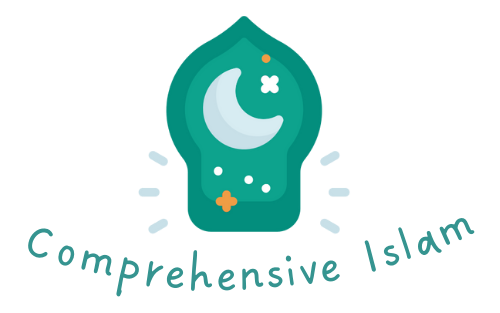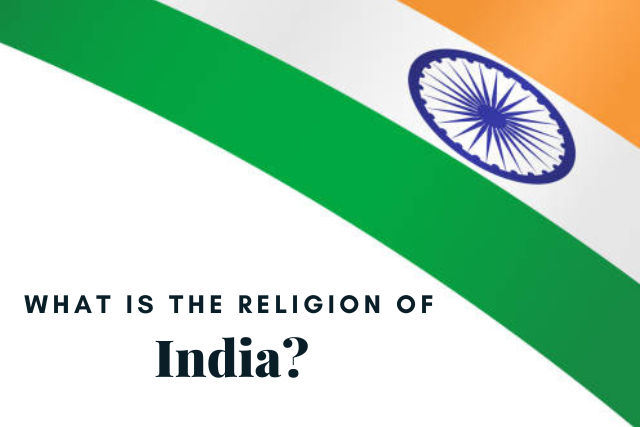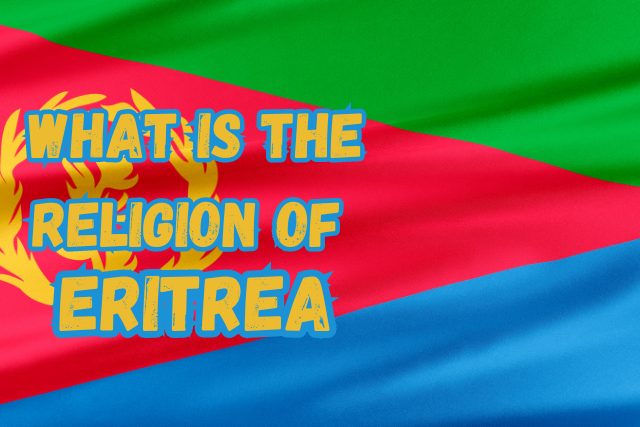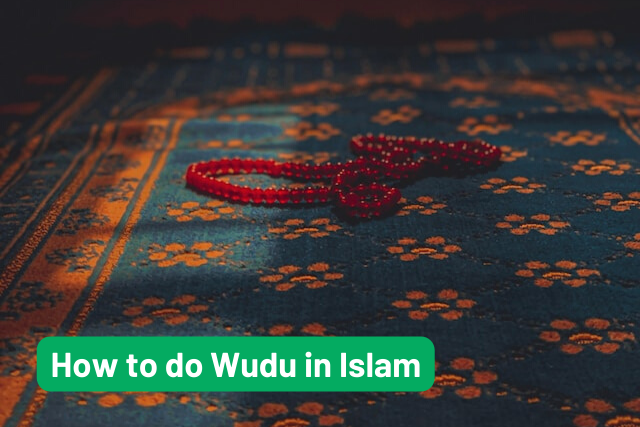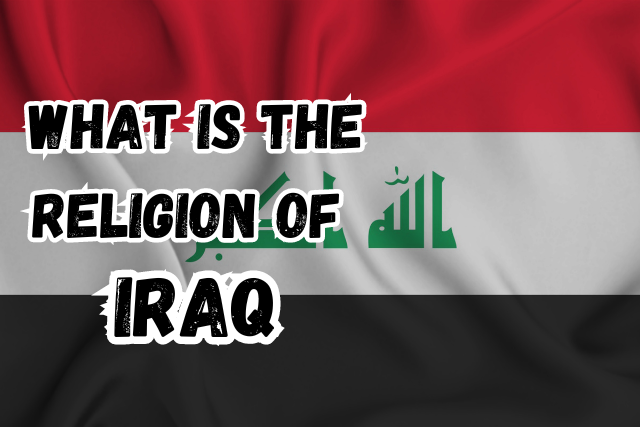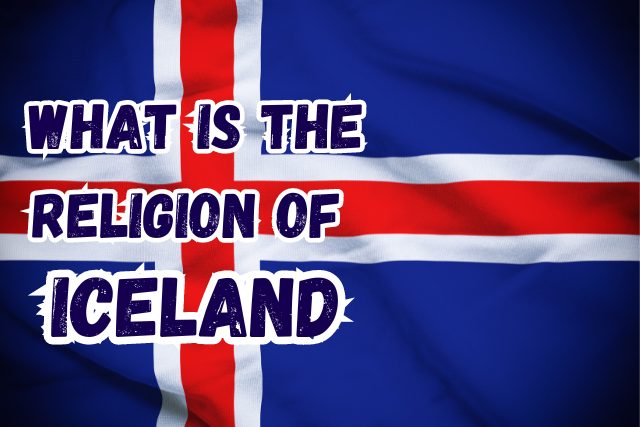What is the Religion of Bhutan
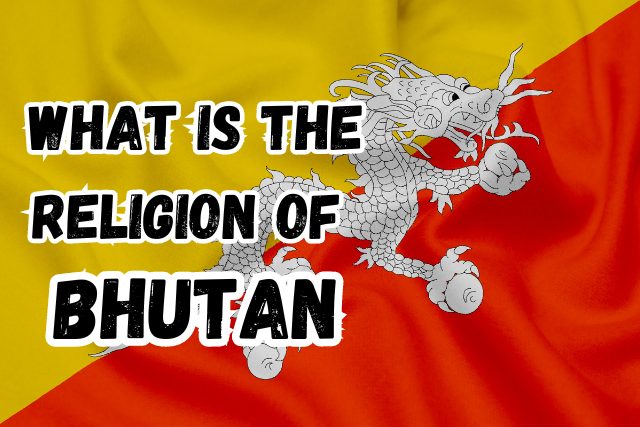
Welcome to the mystical kingdom of Bhutan, where the spiritual realm is not just a facet of life. It is the very heartbeat of this Himalayan sanctuary. In this article, I will unravel the intricate threads of Bhutan’s religious fabric.
Nestled between the peaks and valleys, Bhutan’s religion is more than a set of beliefs. Bhutan often hailed as the Land of the Thunder Dragon, follows Vajrayana Buddhism. It’s a unique and deeply ingrained form of the faith. Through Bhutan’s spiritual landscape, I will explore how Buddhism integrates with the country’s commitment to Gross National Happiness.
Get ready to explore the enchanting rituals and discover the profound spiritual harmony that shapes the religious soul of Bhutan. Let’s begin our exploration.
What is the Religion of Bhutan| Buddhism

Bhutan is synonymous with the serene teachings of Buddhism. The principles of Vajrayana Buddhism deeply shape the nation’s spiritual landscape. It fosters a profound connection between its people and the path to enlightenment.
Vajrayana Buddhism
Bhutan follows Vajrayana Buddhism, often referred to as the “Diamond Vehicle” or “Tantric Buddhism.” This tradition strongly emphasizes the direct experience of reality, utilizing meditation techniques and rituals for spiritual growth.
The predominant school of Vajrayana Buddhism in Bhutan is the Drukpa Kagyu. This school was founded by Tsangpa Gyare in the 12th century. It is characterized by its emphasis on meditation, esoteric practices, and a deep commitment to the welfare of all beings.
Gross National Happiness
Bhutan’s unique development philosophy, Gross National Happiness (GNH), is deeply rooted in Buddhist principles. It recognizes that material wealth alone does not guarantee happiness and emphasizes spiritual, cultural, and environmental well-being.
The four pillars of GNH reflect the holistic approach inspired by Buddhist values. These are sustainable development, conservation of culture, good governance, and environmental protection.
Pilgrimages and Sacred Sites
One of Bhutan’s most iconic sites, Taktshang is perched on a cliffside, reflecting the spiritual journey of Guru Rinpoche. Pilgrims undertake a challenging trek to reach this sacred monastery.
The colossal statue of Buddha Dordenma overlooks the capital city of Thimphu. It stands as a testament to Bhutan’s commitment to promoting peace and happiness.
Buddhism and Everyday Life
Bhutanese culture is adorned with prayer flags, carrying prayers and mantras. Prayer wheels, often found near monasteries, are spun by individuals as a form of devotion and to accumulate positive karma.
Buddhism influences every aspect of Bhutanese life. From the way communities celebrate festivals to the emphasis on compassion and kindness in interpersonal relationships.
Indigenous Beliefs

Alongside Buddhism, Bhutanese culture preserves elements of the ancient Bon tradition. This dual religious heritage contributes to the rich tapestry of Bhutanese spirituality.
Bhutanese indigenous beliefs include a profound connection to nature. Mountains, rivers, and forests are considered sacred. Rituals are performed to honor the spirits believed to inhabit these natural elements.
Bon Tradition
The Bon tradition predates the arrival of Buddhism in Bhutan and holds roots in the ancient pre-Buddhist beliefs of the region. It is an animistic and shamanistic tradition that reveres nature, spirits, and deities inhabiting the land.
Bon’s practitioners use sacred objects such as ritualistic masks, drums, and prayer flags in ceremonies. Rituals involve offerings to local deities and spirits, seeking their blessings. They also include maintaining harmony with the natural world.
Nature Worship
Bhutanese communities often worship mountain deities. They believe that these majestic peaks are inhabited by benevolent spirits. Mountains are considered sacred, and rituals are performed to appease and seek the blessings of these deities.
Rivers hold spiritual significance, with communities conducting ceremonies. Rituals along riverbanks honor the spirits believed to reside in these flowing waters.
Sacred Sites
While Bhutan predominantly follows Buddhism, there is a harmonious integration of indigenous beliefs. Many Buddhist monasteries and sacred sites coexist with places of indigenous worship. This illustrates a syncretic relationship between the two traditions.
Indigenous beliefs often involve pilgrimages to sacred sites. Such as ancient trees, caves, and natural formations, believed to be imbued with spiritual energy. Pilgrims undertake these journeys seeking blessings and spiritual insights.
Impact on Daily Life
Indigenous beliefs influence Bhutanese festivals, adding a layer of cultural richness to the country’s celebratory events. Festivals often incorporate rituals that honor local deities and express gratitude for nature’s abundance.
In rural Bhutan, agricultural practices are intertwined with indigenous beliefs. Farmers may perform rituals to seek a bountiful harvest. This demonstrates a holistic approach to agriculture rooted in spiritual connection.
Conservation Ethic
Indigenous beliefs contribute to Bhutan’s strong conservation ethic. The reverence for nature translates into practices that prioritize environmental sustainability, aligning with the broader Bhutanese ethos of Gross National Happiness.
While indigenous beliefs endure, modernization and societal changes present challenges. Communities navigate a delicate balance between preserving their cultural heritage and adapting to evolving landscapes.
Monastic Traditions and Festivals

Bhutan’s monastic traditions are integral to the country’s spiritual and cultural identity. Monasteries, locally known as “gompa” or “lhakhang,” serve as hubs of religious activities, education, and contemplation.
Monks, or “lam,” devote themselves to rigorous disciplines, including prayer, meditation, and the study of Buddhist scriptures. Monastic life is considered a path to enlightenment and a means of serving the community.
Major Festivals
Paro Tsechu:
Location: Paro Valley
Significance: Honors Guru Rinpoche, the patron saint of Bhutan.
Highlights: The unveiling of the sacred thongdrel (large embroidered silk appliqué) and the famous “Paro cham” dance.
Thimphu Tsechu:
Location: Thimphu, the capital city
Significance: Commemorates the birth of Guru Rinpoche.
Highlights: Unfurling of the Guru Thongdrel, masked dances, and the “Dance of the Terrifying Deities.”
Punakha Drubchen and Tshechu:
Location: Punakha
Significance: Marks the victory over Tibetan invaders.
Highlights: Dramatic reenactments of historical battles during Drubchen, followed by colorful tshechu celebrations.
Jakar Tsechu:
Location: Bumthang Valley
Significance: Honors Pema Lingpa, a revered Bhutanese saint.
Highlights: Sacred dances, unveiling of religious scrolls, and the Jampa Lhakhang Drup.
Wangdue Phodrang Tsechu:
Location: Wangdue Phodrang
Significance: Commemorates the unification of Bhutan under Zhabdrung Ngawang Namgyal.
Highlights: Masked dances, including the popular “Raksha Mangcham” or Dance of the Ox.
Final Thoughts
Bhutan’s religious landscape reflects a harmonious coexistence of Buddhism and indigenous traditions. It creates a society where spiritual values are deeply ingrained in everyday life. The nation’s commitment to Gross National Happiness exemplifies the integral role of spirituality in fostering the well-being of its people.
FAQs
Is there religious freedom in Bhutan?
Yes, Bhutan’s constitution guarantees religious freedom, allowing individuals to practice their faith. The nation promotes tolerance and inclusivity in matters of spirituality.
What is the main religion in Bhutan?
Bhutan’s main religion is Buddhism, with the majority following the Drukpa Kagyu and Nyingma traditions.
Is Islam allowed in Bhutan?
Islam is present in Bhutan, but the Muslim population is a minority. Bhutan’s constitution guarantees religious freedom.
Is Christianity allowed in Bhutan?
While there are Christians in Bhutan, the Christian population is relatively small. The Constitution ensures freedom of religion for all.
